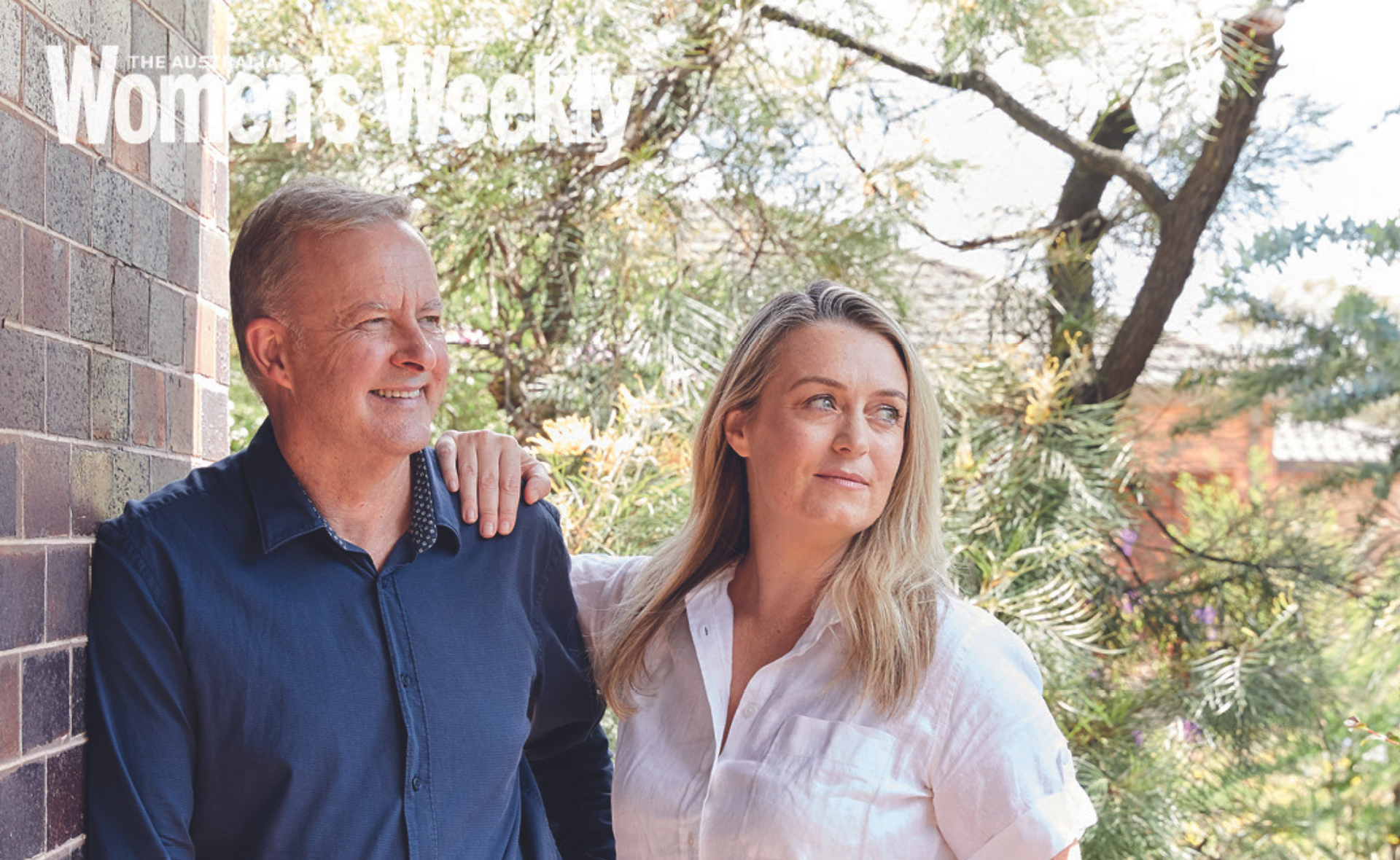In what was the rock star equivalent of the political world, Anthony Albanese was met with a chorus of “Albo, Albo, Albo!” when he took to the stage for his victory speech after becoming the 31st Prime Minister of Australia.
The cheers subsided momentary, that is until Albanese poignantly said: “I begin by acknowledging the traditional owners of the land on which we meet. I pay my respects to their elders past, present and emerging. And on behalf of the Australian Labor Party, I commit to the Uluru Statement From The Heart in full.”
His words elicited more raucous applause, including a particularly enthusiastic shout of “I love you Albo!” from the crowd.
So just what is the Uluru Statement From The Heart, and why did it prompt such a reaction?

What is the Uluru Statement From The Heart?
(Image: Instagram)What is the Uluru Statement From The Heart?
The Uluru Statement From The Heart is a declaration signed by over 250 Aboriginal and Torres Strait Islander Delegates in an attempt to create a better future via the proposal of two reforms – Voice and Makarrata.
Voice – Enshrining a First Nations Voice into the Australian constitution.
Makarrata – The coming together after a struggle to supervise a process of agreement/treaty-making between governments and First Nations people and the truth-telling of history.
How was the Uluru Statement established?
In 2017 at the National Constitutional Convention, over 250 Aboriginal and Torres Strait Islander Delegates from all points of the Southern Sky gathered in Mutitjulu in the shadow of Uluru to sign the statement.

Former Bachelor Matt Agnew has voiced his support for the Uluru Statement.
(Image: Instagram)What does the Uluru Statement say?
The statement begins by acknowledging that “Aboriginal and Torres Strait Islander tribes were the first sovereign Nations of the Australian continent and its adjacent islands”.
It goes on to outline this sovereignty as a “spiritual notion”, being “the ancestral tie between the land”.
The inextricable link between First Nations people and the land is the basis of their ownership or sovereignty, and this has “never been ceded or extinguished, and co-exists with the sovereignty of the Crown”.
“How could it be otherwise? That peoples possessed a land for sixty millennia and this sacred link disappears from world history in merely the last two hundred years,” the statement reads.
As such, the Uluru Statement proposes the two reforms in order to accurately reflect this ancient sovereignty as a “fuller expression of Australia’s nationhood”.

“I commit to the Uluru Statement From The Heart in full,” Anthony Albanese said in his victory speech.
(Image: Getty)“We seek constitutional reforms to empower our people and take a rightful place in our own country,” it reads.
“We call for the establishment of a First Nations Voice enshrined in the Constitution.”
The statement defines the second reform, Makarrata, to mean “the coming together after a struggle”.
“It captures our aspirations for a fair and truthful relationship with the people of Australia and a better future for our children based on justice and self-determination.
“We seek a Makarrata Commission to supervise a process of agreement-making between governments and First Nations and truth-telling about our history.”
You can read the Uluru Statement From The Heart in its entirety right here.
What’s next for the government and championing First Nations people?
At the end of July, Albanese attended the Garma Festival of Traditional Cultures where he put forward a simple draft referendum question with regards to the Uluru Statement.
“Do you support an alteration to the Constitution that establishes an Aboriginal and Torres Strait Islander Voice?” he said.
“A straightforward proposition. A simple principle. A question from the heart.”
The Labor leader also outlined three draft sentences to add to the constitution as a starting point for discussion. These were:
There shall be a body, to be called the Aboriginal and Torres Strait Islander Voice.
The Aboriginal and Torres Strait Islander Voice make representations to Parliament and the Executive Government on matters relating to Aboriginal and Torres Strait Islander Peoples.
The Parliament shall, subject to this Constitution, have power to make laws with respect to the composition, functions, powers and procedures of the Aboriginal and Torres Strait Islander Voice.
“I believe there is room in Australian hearts, for the Statement from the Heart,” the PM said in a statement. “We are seeking a momentous change – but it is also a very simple one.
“It’s not a matter of special treatment or preferential power. It’s about consulting Aboriginal and Torres Strait Islander Peoples on the decisions that affect you. This is simple courtesy, it’s common decency.”
What’s more, the Australian Labor Party has committed to forming “genuine partnerships with First Nations people for better outcomes,” as per the ALP website.
Starting with their commitment to implementing the Uluru Statement in full, the Albanese government has also pledged to:
Work towards Closing the Gap
Abolish the punitive Community Development Program
Reinvest justice funding to turn the tide on incarceration and deaths in custody
Improve housing in remote Indigenous communities
Invest in First Nations management of land and waters
Strengthen First Nations economic and job opportunities
Get rid of the privatised Cashless Debit Card

